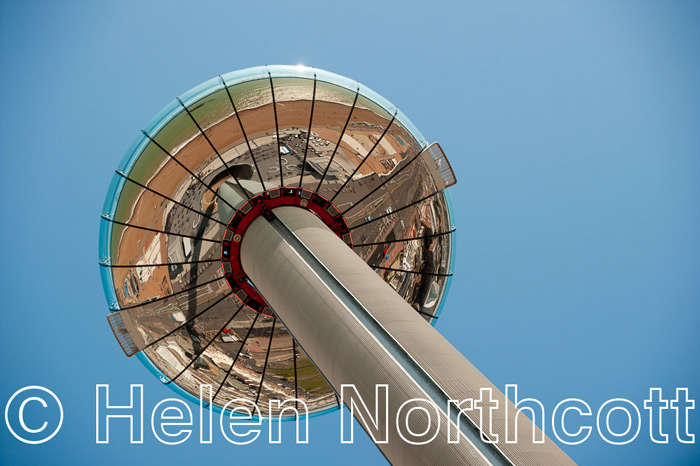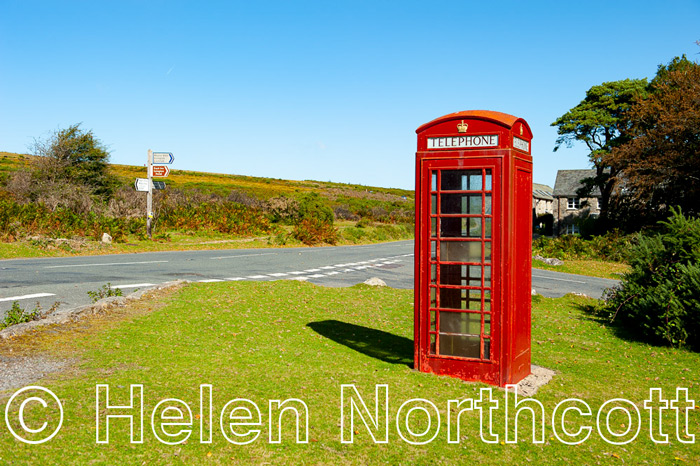With an expanding interest in photography, self-taught photographer Helen Northcott captures her surroundings with her own creative point of view. Helen resides in the county of Devon located in the United Kingdom, where she continues to further engross herself in the world of photography. Helen creates unique and remarkable pieces of art from a variety of subjects and viewpoints. With an instinct for experimentation, Helen draws inspiration for her captivating works from subjects that may elude the untrained eye. Helen’s body of work is quite expansive and her passion and drive for photography speaks for itself.
Helen, thank you so much for sharing your experiences with us and thank you so much for all your thoughtful responses. It’s not every day we get a behind the scenes with someone who has such a creative perspective of the world.
If you’d like to learn more about Helen, please visit her website, blog and on Alamy. You can also follow her on Facebook, Twitter, Instagram and Pinterest.

Can you please tell the readers a bit about yourself?
I am a UK based photographer living and working in the Dartmoor National Park. I like to capture the world around me but with my own twist. I particularly like to take pictures of things that we can’t see with the naked eye like blurred lights of traffic and fairground rides.
Where is home?
I grew up in the industrial north of England but for the past 20 plus years, I have lived in an isolated village in Devon, in the south-west corner of the country.
After browsing through your website, I see that you’ve built up an extensive collection of wonderful photography. What is it that led you toward this field and how long have you been working in it?
I have always had an interest in photography since I was given my first hand-me-down Kodak Instamatic. I used to take pictures on holiday and days out. It was after visiting Paris and being frustrated by night-time shots of the Eiffel Tower from my 35mm compact camera that I began to look into getting a better camera that would allow me to control the aperture and shutter speed to get the results I wanted. That was in the mid 1990’s when 35mm film was still the norm.
How did you go about learning photography? Are you self-taught or formally taught? Where have you found the majority of the information you use today?
I am a self-taught photographer with no formal training. Though I do have and art and design background so composition and knowing what looks good came naturally. I began by reading lots of books on photography and looking through magazines. I like to know what happens when you do things and why, so I read lots. Once I had a suitable camera I started to experiment. I would make notes about settings so that I could refer back to them and see where I went wrong or right. I did attend a one-day photography workshop in the early days which was also useful. Another useful source of learning for me was my local camera club. The group I joined was dominated by older people who between them had a wealth of knowledge and were very happy to share it. Camera club competitions were helpful as an outside judge would give constructive critique which would lead to me improving.
How did you develop your style?
I didn’t consciously set out to have a particular style, this has grown organically as I have taken more and more photos, tried different techniques and got to know what works and what does work for me.
When shooting subjects, what do you find most challenging?
I find macro and close-up photography quite challenging. It is often difficult to get the right parts of the shot in focus when you are working with very narrow depths of field. It isn’t always clear on the back of the camera which part is truly focused. This is an area I want to work on and develop more.
What do you do to keep your photography fresh and how do you stay motivated to keep on learning?
I like to get out to different locations which can re-invigorate and re-motivate. Also taking on a project or challenge is a good way to help with the learning. A few years ago I took on a 365 project where I needed to create an image for every day of the year from a set of themes. This gave me a chance to try out some new ideas. This summer I have taken on a personal project to document all the remaining red telephone boxes within the Dartmoor National Park. That project got me out to places I had never been before and inspired me to return to some of the areas and take more photos of the landscape and villages.

What has been the biggest source of inspiration in your work?
I think my biggest inspiration has been getting to know other photographers and learning from them. Also trying to capture images that are a little bit different is also a great inspiration for me. The world has been photographed almost to saturation but by looking at things slightly differently I can add my own stamp.
What is one piece of advice you would like to offer a new photographer just starting out?
Photography isn’t about having the latest kit. Start by getting to know what you can do with the camera you have whether that’s a compact or just your phone. Learn the rules of composition. Know and understand the relationship between aperture and shutter speed and know how these can help you in your creativity. Also, learn about cropping the image in the viewfinder before taking the picture.
If there was one thing you would want prospective clients to know about you, what would it be?
When I work with people I want them to feel comfortable talking to me. I want to be able to capture their vision as much as put my own influence on a shoot. So being able to discuss their needs and wants and to collaborate with them throughout the shoot is important. I don’t want to go away at the end of a shoot not knowing that the client is happy with the results on the back of the camera.
What type of session do you look forward to the most vs what type of session you most often do?
I don’t have a preference. Every shoot is different so it is hard to quantify.
In regard to marketing, how much of your time do you dedicate to social media? Do you use any special programs or services?
I spend more time than I would like on marketing and social media. I use Buffer to queue up posts across platforms which helps to save time but it isn’t something I particularly enjoy.
What type of camera(s) do you shoot with? What is your favorite lens?
I use a Nikon full-frame DSLR with a couple of lenses. I normally use a 24-70mm but really like the depth of field compression I get with my 70-200mm so I have used that from time to time for professional headshots when I have the space to step away from the subject.
What is in your camera bag?
Camera, lenses, spare battery, spare memory card, flash gun, cleaning cloth, filters, cables, micro-fleece towel, plastic bag.
I have a very big bag that can get very heavy so I will leave some things out if I know I won’t need them and if I have to walk a long way.
What is your favorite photography accessory?
10-stop ND filter. I love being able to get long exposure shots in the middle of the day. To make the sea blurry and turn people into abstract ghosts.
How important is Photoshop or other image editing software in your final images?
I find Adobe Lightroom to be the most valuable software I use. I don’t like to do too much post-production editing so Lightroom gives me the tools to adjust levels, straighten up horizons, crop edges and give images a bit of extra punch. I do use Photoshop to make sure images are perfect for submission to stock libraries and to add text overlays to my images for use in social media posts.
Can you tell me about one of your favorite or most memorable photo sessions? What made it so great and why did you like it so much?
I recently did a group session with some local business ladies for my stock library. I had a good idea what I wanted to get from the shoot and they were so great to work with. No one played up to the camera and the results were far better than I envisioned.
Do you have any projects that make you look back and shake your head? What made the experience so unpleasant?
I used to work with a wedding photographer. While the majority of people were lovely to work with the stress of having to get things right, being in different locations and trying to capture everyone in natural poses was too much sometimes. Particularly if there were difficult guests and unaccommodating venues.
What do you think the future holds for you? Where do you see yourself in the next few years?
Over the next few years, I want to build up my stock portfolio trying to take niche images that will sell. I also want to develop my professional headshots as this is an area that is becoming more and more important as we all do more work online.
Leave a Reply